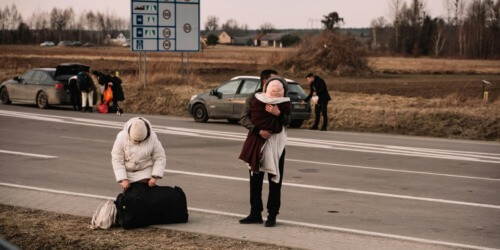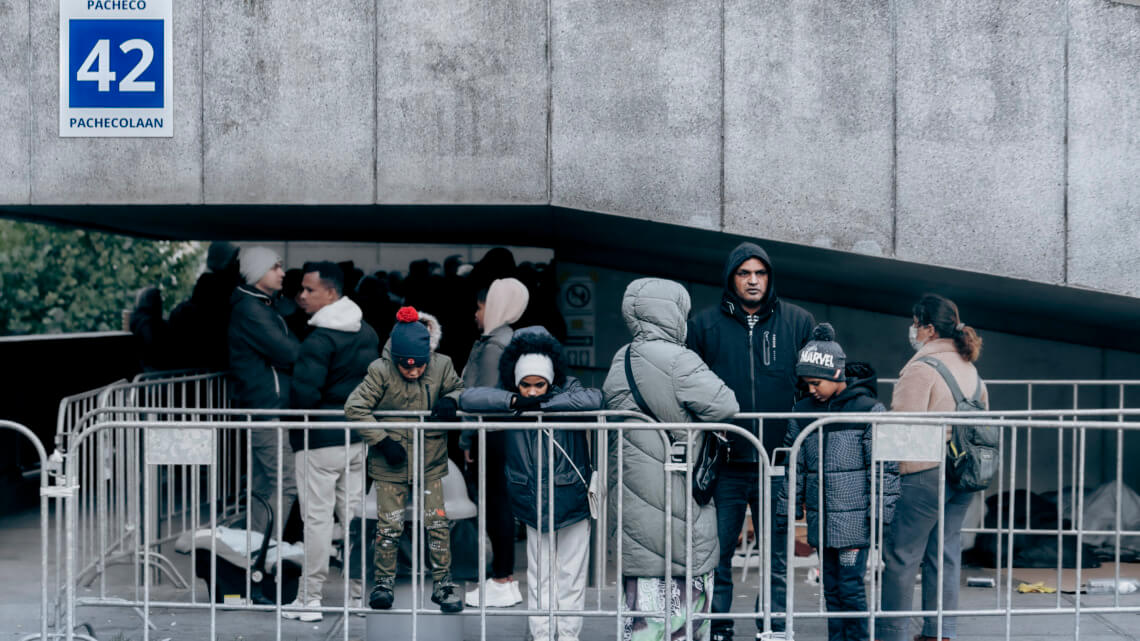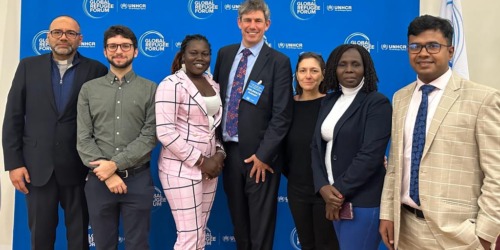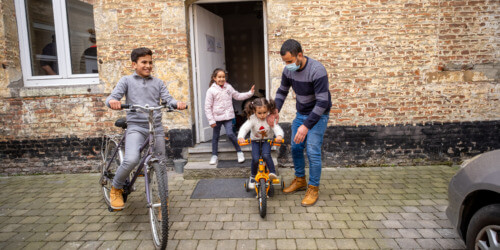Civil society cannot accept that adults and children are forced to live on the street because of the lack of housing options. This should not become the “new normal.”
Last October, the federal government decided to open new emergency reception structures in Jabbeke (East Flanders) and Glons (Liège). This is a positive step, but it will take a long time to set up, organize, and find qualified personnel.
Laurence Bruyneel, from Caritas International, says, “Too often, the government offers “too little too late.” They are addressing matters after the fact. We need concrete and immediate actions and a clear political will to develop long-term solutions.”
















